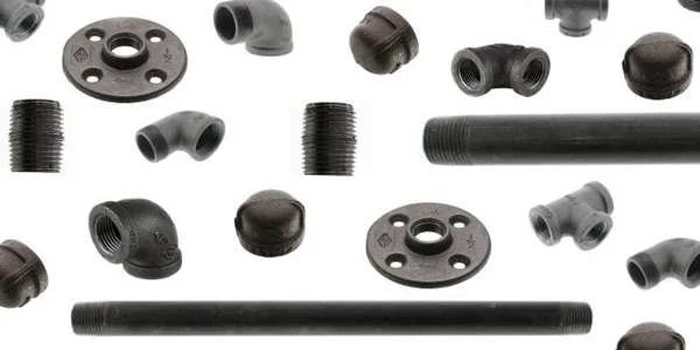What are the performance implications of using recycled materials in structural pipe connectors?
Using recycled materials in structural pipe connectors can have several performance implications, which depend on various factors such as the type of recycled material, the quality of the recycling process, and the intended application of the connectors.
Here are some potential performance implications of using recycled materials in structural pipe connectors:
- Material Properties: The properties of recycled materials may differ from those of virgin materials due to factors such as degradation, contamination, or variability in composition. Recycled materials may have lower mechanical strength, durability, or dimensional stability, which can affect the performance and structural integrity of pipe connectors.
- Strength and Durability: Structural pipe connectors must withstand mechanical loads, vibrations, and environmental conditions without failure or deformation. Recycled materials may have reduced strength, toughness, or fatigue resistance compared to virgin materials, potentially compromising the overall strength and durability of the connectors.
- Dimensional Accuracy: The dimensional accuracy of structural pipe connectors is crucial for ensuring proper fit, alignment, and load distribution in the piping system. Recycled materials may exhibit dimensional variations or inconsistencies due to irregularities in the recycling process, leading to issues such as misalignment, leakage, or stress concentration in the connectors.
- Corrosion Resistance: Structural pipe connectors are often exposed to corrosive environments, which can accelerate degradation and failure if not adequately protected. Recycled materials may have inferior corrosion resistance compared to virgin materials, increasing the risk of corrosion-related issues such as rusting, structural pipe connectors pitting, or galvanic corrosion in the connectors.
- Environmental Impact: While using recycled materials in structural pipe connectors can reduce the environmental footprint associated with raw material extraction and manufacturing, it is essential to consider the overall environmental impact of the recycling process. Factors such as energy consumption, emissions, waste generation, and pollution may influence the sustainability and long-term viability of using recycled materials in structural applications.
- Regulatory Compliance: Structural pipe connectors must meet regulatory requirements and industry standards for performance, safety, and quality. Using recycled materials may introduce additional challenges in achieving compliance with these standards, particularly if the recycled materials do not meet specified criteria for strength, durability, or chemical composition.
- Cost Considerations: While using recycled materials in structural pipe connectors may offer cost savings compared to virgin materials, it is essential to consider the trade-offs in terms of performance, reliability, and long-term maintenance costs. The initial cost savings of using recycled materials must be balanced against potential risks and liabilities associated with reduced performance or premature failure of the connectors.
In summary, using recycled materials in structural pipe connectors can have performance implications related to material properties, strength and durability, dimensional accuracy, corrosion resistance, environmental impact, regulatory compliance, and cost considerations. Careful evaluation of these factors is necessary to ensure that recycled materials meet the required performance standards and contribute to sustainable and resilient piping systems.
